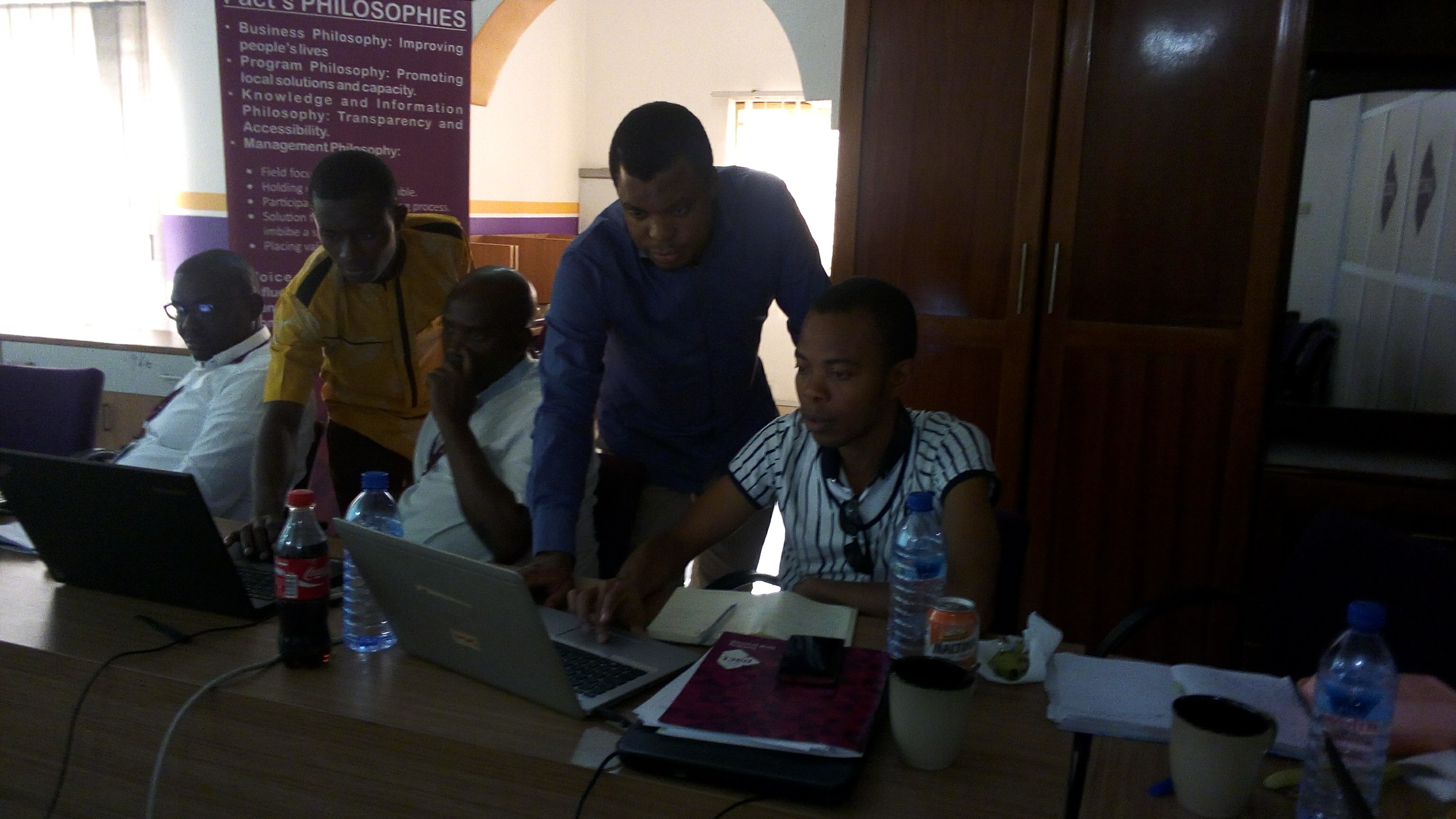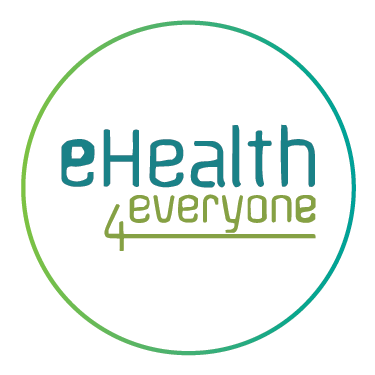About Pact and the SAQIP Project
For more than a decade, Pact has been promoting democracy and improving health in Nigeria, the most populous African nation. With funding partners that include Chevron and the Bill & Melinda Gates Foundation, Pact is using local solutions and building the capacity of Nigerian organizations to create a lasting impact.
Starting in Nigeria with the USAID ADVANCE project in 2005, it forged partnerships between government and civil societies, resulting in the passage of four significant national bills to fight corruption, including the landmark Freedom of Information Act in 2011. Pact’s current work in Nigeria focuses on improving maternal, newborn and child health and stopping the spread of HIV. It aims to achieve this in Northeast Nigeria by building the capacity of local organizations and agencies through its State Accountability for Quality Improvement Project (SAQIP).
The Pact SAQIP project is a six-year project targeted at empowering women economically so that these women can be motivated to face the healthcare challenges that occur during and after pregnancy. The project also seeks to build the capacity of the Primary Health Care Development Agency and other related organizations, so as to be able to provide better health services.
SAQIP aims to achieve three primary outcomes:
(1) Improved governance, capacity, and performance of the public health system;
(2) Improved accountability and community participation in the public health system; and
(3) Increased utilization of public MNCH services.
The SAQIP Project allocates women of reproductive age into several groups for educational and empowerment activities. Data is routinely collected from these women using registers that are domiciled at the beneficiary level. Data collected include demographic characteristics of the women, and quantitative information about the savings and loans collected from their groups. Other data types are qualitative in nature and include excerpts from minutes of meetings and verbal quotes.

A meeting session with one of the groups of women.
Challenges faced in SAQIP
Due to the nature of the project, huge amounts of data is collected, analyzed and reported on monthly, quarterly, bi-annual and annual bases. The project has hitherto utilized spreadsheets to manage its data and this made tracking each of the women difficult. As it was looking to expand the project to reach more women, using spreadsheets became a challenge because it was unable to store and analyze this complex data.
Pact needed a robust database for the SAQIP project that could be used to store up the data from major aspects of the project in a large bank, where analysis of data could be conducted, and results easily generated and visualized.
Where eHealth4everyone came in
Pact reached out to eHealth4everyone, explaining the challenges they faced with their data management system. Based on eHealth4everyone’s experience helping organizations improve data management, we reviewed Pact’s data management needs and proposed a bespoke DHIS2 implementation as a solution.
After a series of discussions and a minimal demo, both organizations agreed on DHIS2 as the potential solution.
DHIS2 as a Solution
DHIS2 provides a database system where all the forms and registers used for the SAQIP project is captured, therefore eliminating the need for multiple databanks.

Data entry at Individual Level
With DHIS2 integration capacity, the system will also be integrated with other analytical tools in cases where it becomes necessary. Data can also be downloaded from the system with ease and used outside of the DHIS2. With the capability of DHIS2 to provide different level of user authorities, the roles of the users of the database can be added based on their responsibilities in the SAQIP project.
On paper, input can be made and with it comes errors. DHIS2 gives the possibility of setting validation rules that help to curb the errors that occur during register input or data entry. This implies that the level of data quality for analysis and decision making will be increased.

Analysis presented on a dashboard
With DHIS2 implemented, a training was conducted for Pact MERL team at both the National and State offices (Gombe State) on the effective use of the system and they are excited about it.

Training of Pact SAQIP MERL Team in Abuja
With the new data management system, the Pact SAQIP project is being implemented seamlessly. The DHIS2 platform; implemented and customized for them by eHealth4everyone, has effectively curbed the data management challenges they initially faced. The project now runs well and their data management system has been optimized. It’s a win-win situation and all parties are happy.



